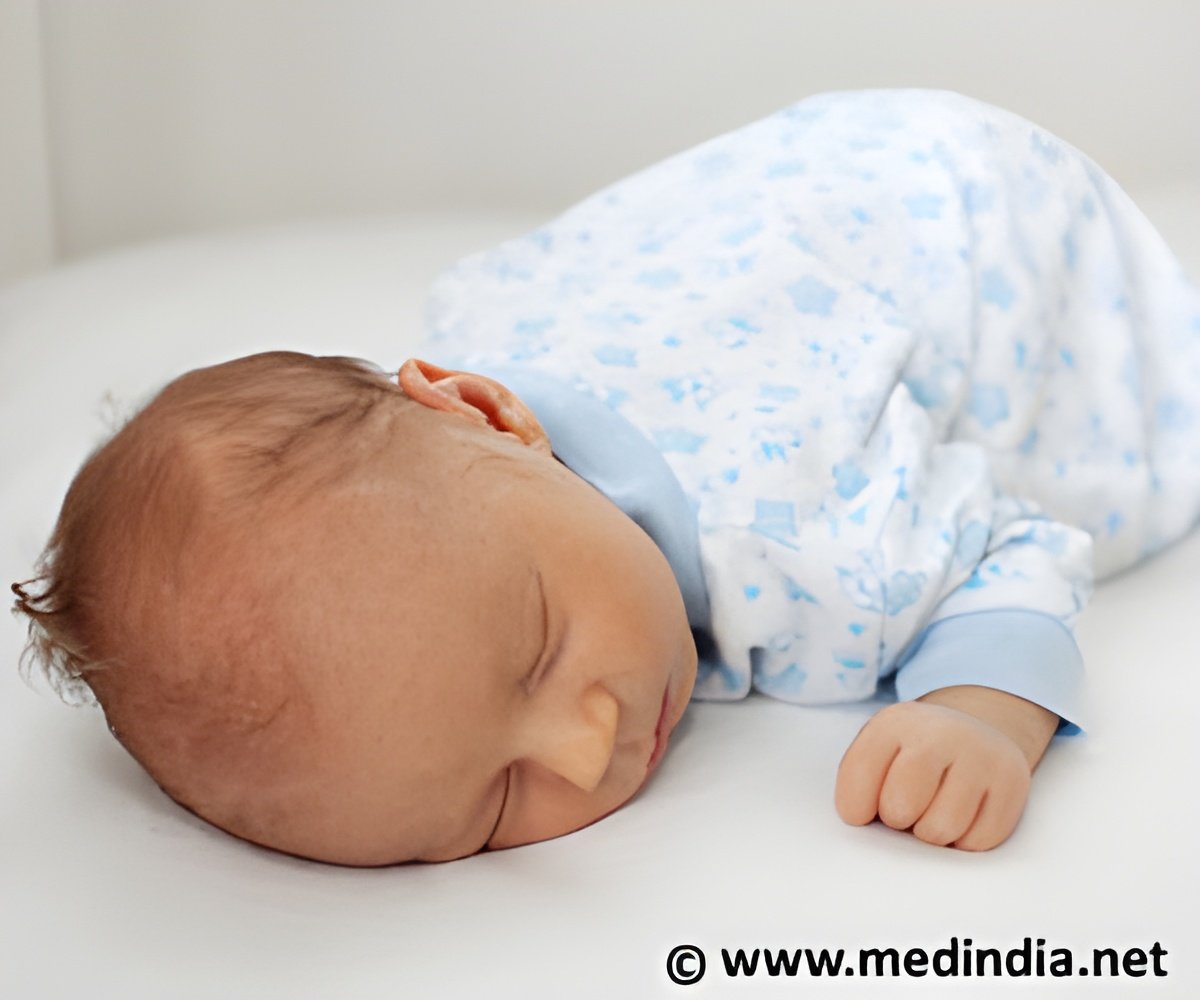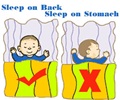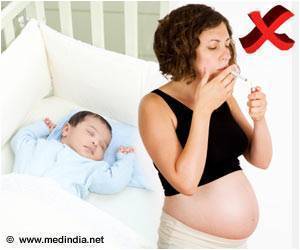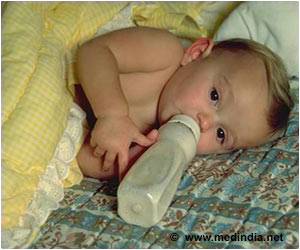A possible association between Sudden Infant Death Syndrome (SIDS) and hearing alteration on the newborn hearing screen test will be investigated by researchers.

‘The 'Oto-Acoustic Signals in SIDS' (OASIS) study will investigate a possible association between Sudden Infant Death Syndrome and hearing alteration on the newborn hearing screen test.’





"We keep working away to understand the cause of sudden infant deaths, and we are not giving up," Rubens said. "Solving SIDS is our mission. This study will give researchers access to comprehensive data that could yield important insights into how an infant's hearing and associated risk factors can impact the risk for SIDS. What is new about this study is that we are considering a way to detect infants at risk well before a potential fatal event." In the OASIS study, Rubens and Fleming will review data from the newborn hearing test administered to all babies born in the United Kingdom and review death records from babies who have been classified as having died of SIDS. The team will conduct the study in the United Kingdom because newborn hearing tests and infant death records are standardized and the data is consistent across the country. In the United States, infant hearing tests and death reports are inconsistent because each state and country has its own process.
"We think babies with inner ear damage are not able to wake up or move themselves away from danger if their breathing is compromised," Rubens said. "The babies suffer from a lack of oxygen and build up of carbon dioxide in their bodies while asleep and they can die. Parents can do everything correctly and this can still happen. We are not suggesting that SIDS only occurs because of inner ear dysfunction. Rather, we believe the inner ear plays an important role in relaying vital information to other areas of the brain involved in survival. If this region is damaged, I believe it is part of the underlying specific condition that leads to SIDS."
The study will collect detailed information from parents, examine the newborn hearing tests and death records of babies who have died of SIDS, and compare those with newborn hearing tests of control babies born during the course of the study. The team will examine the data for patterns that indicate that abnormal hearing test results may increase the risk of SIDS. In addition, the teams will interview mothers of babies about lifestyle habits such as smoking, diet and sleeping position of babies, which are all known to affect the risk of SIDS.
The OASIS study complements research Rubens is doing with Dr. Marta Cohen, a pediatric pathologist at Sheffield Children's in the United Kingdom, to use CT and MRI imaging of the inner ear during autopsies of unexpected infant deaths. Rubens is also working with Dr. Nino Ramirez at Seattle Children's Research Institute to study inner ear and vestibular system dysfunction in animal models.
Advertisement
"This is an exciting opportunity because for the first time, we will be able to look for features recorded during life in a routine screening test that may help us to identify babies at high risk of dying unexpectedly," Fleming said. "If successful, this will have huge implications for identifying and potentially being able to help such babies in the future, possibly being able to prevent some of these tragic deaths. We are very grateful for the support we are receiving from the USA and from the Lullaby Trust in the UK."
Advertisement
"We are delighted and extremely grateful for the generous support we have received for this research," Rubens said. "We hope in time that our work will yield solutions for preventing SIDS deaths and provides families with tools to keep their newborn babies safe."
Source-Newswise











